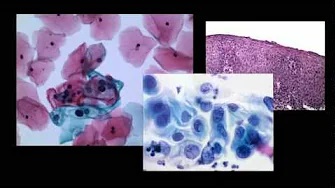Document Type
Article
Publication Date
5-1-2020
Abstract
A principal challenge in treating acute myeloid leukemia (AML) is chemotherapy refractory disease. As such, there remains a critical need to identify key regulators of chemotherapy resistance in AML. In this study, we demonstrate that the membrane scaffold, CD82, contributes to the chemoresistant phenotype of AML. Using an RNA-seq approach, we identified the increased expression of the tetraspanin family member, CD82, in response to the chemotherapeutic, daunorubicin. Analysis of the TARGET and BEAT AML databases identifies a correlation between CD82 expression and overall survival of AML patients. Moreover, using a combination of cell lines and patient samples, we find that CD82 overexpression results in significantly reduced cell death in response to chemotherapy. Investigation of the mechanism by which CD82 promotes AML survival in response to chemotherapy identified a crucial role for enhanced protein kinase c alpha (PKCα) signaling and downstream activation of the β1 integrin. In addition, analysis of β1 integrin clustering by super-resolution imaging demonstrates that CD82 expression promotes the formation of dense β1 integrin membrane clusters. Lastly, evaluation of survival signaling following daunorubicin treatment identified robust activation of p38 mitogen-activated protein kinase (MAPK) downstream of PKCα and β1 integrin signaling when CD82 is overexpressed. Together, these data propose a mechanism where CD82 promotes chemoresistance by increasing PKCα activation and downstream activation/clustering of β1 integrin, leading to AML cell survival via activation of p38 MAPK. These observations suggest that the CD82-PKCα signaling axis may be a potential therapeutic target for attenuating chemoresistance signaling in AML.
Recommended Citation
Floren M, Restrepo Cruz S, Termini CM, Marjon KD, Lidke KA, Gillette JM. Tetraspanin CD82 drives acute myeloid leukemia chemoresistance by modulating protein kinase C alpha and β1 integrin activation. Oncogene. 2020 May;39(19):3910-3925. doi: 10.1038/s41388-020-1261-0. Epub 2020 Mar 19. PMID: 32203165; PMCID: PMC7210072.

